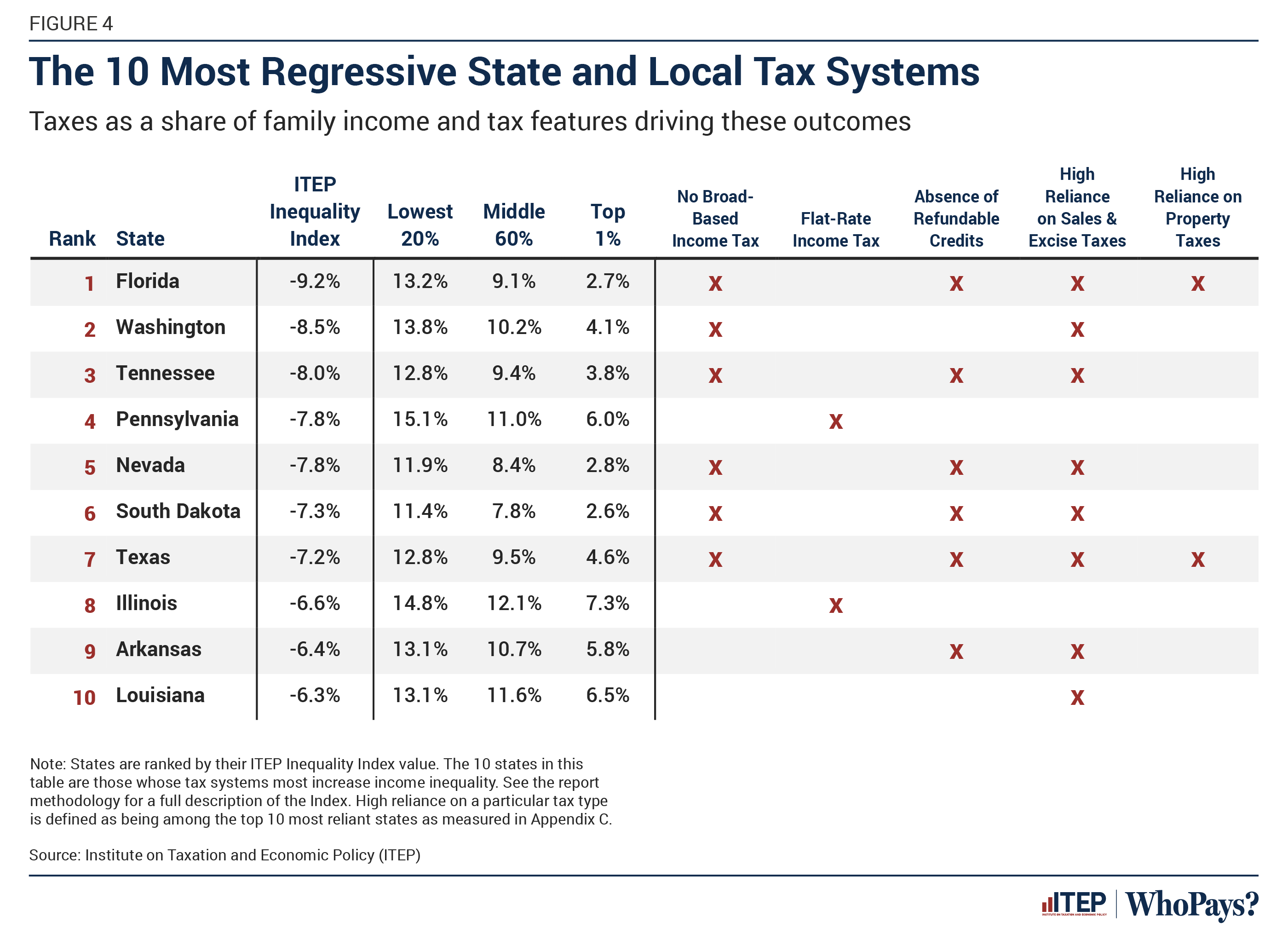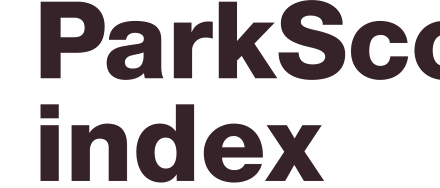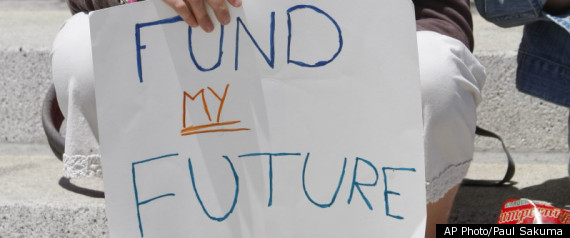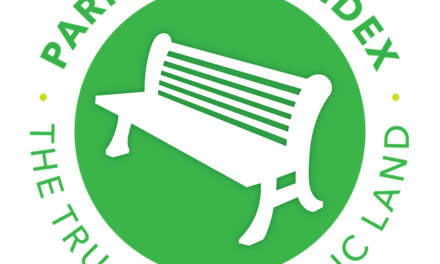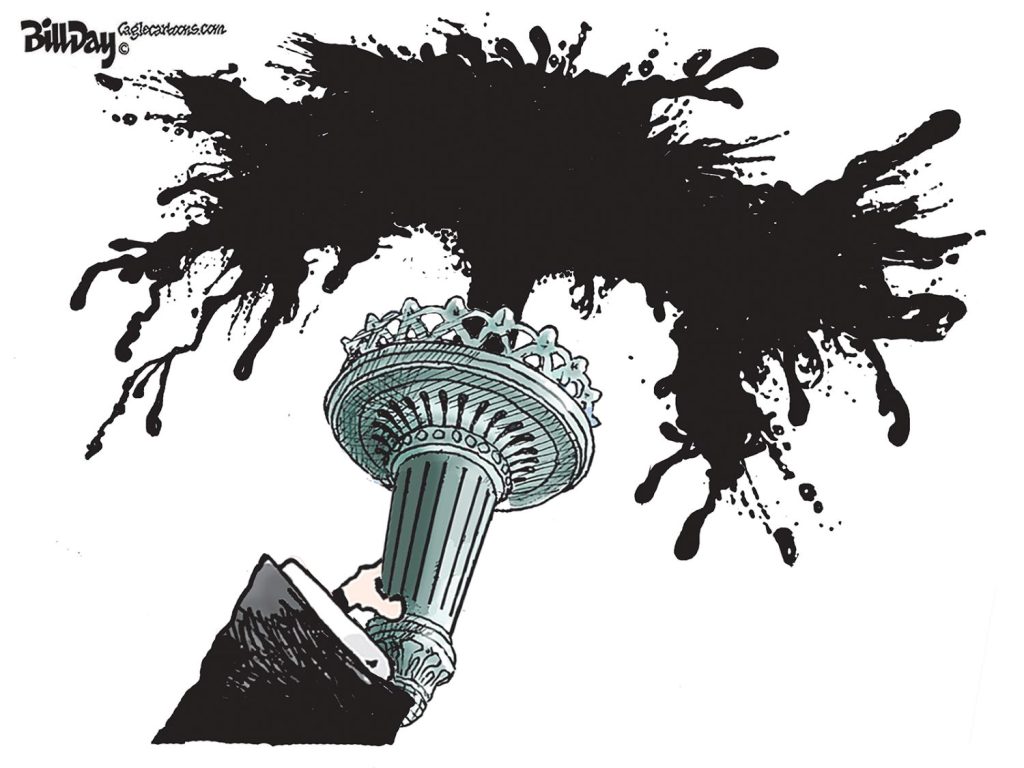Tennessee’s tax system is farcical, and because it is, so is Memphis and Shelby County’s.
But there is no humor in this farce.
In truth, the Tennessee tax system should not be called a system at all, that is, if you think fairness should be an element of it.
One fact says it all: Tennessee’s third most regressive tax system in the U.S. means that the lowest income families pay three times as much of their incomes in taxes as the wealthiest 1%.
All in all, it means Tennessee is a case study of a regressive tax structure, and in a city where 42% of Memphians are the working poor or living in poverty, its impact is profound.
It means that because of deliberate decisions made about the state’s tax structure and public policy, lower-income Memphians are deprived of disposable income that could be spent on family needs, enhancement programs for children, and more, and could help mitigate the expense of buying and maintaining a car because public transit is poor.
Tax Burden Is On Lower Incomes
But simply, Tennessee’s tax system is upside down, or regressive. By definition, it requires lower income families to pay a greater share of income than wealthy ones.
In this way, the tax system is a major contributor to inequality that is pronounced in our community and our state. And the odds of Tennessee having a progressive tax structure are almost nil after former right wing Tennessee Senator Brian Kelsey led a successful campaign for Amendment 3 which prohibits passage of an income tax.
That leaves governments in Tennessee, including the ones in Memphis and Shelby County, with a heavy reliance on sales taxes, property taxes, and fees, which is what makes the tax system so regressive in the first place.
Put another way, when you hear politicians brag that Tennessee is a “low tax state,” they are basing that on our lack of a state income tax but what they are really saying is a low tax state for higher income families. Along with Florida and Texas, Tennessee levies the nation’s highest tax rates for their low-income workers.
No Excuse for Ignorance
The fact that Tennessee brutalizes the poor and lower-income families to raise revenues for state services should be no surprise to state elected officials who continue to pass legislation that benefits families with higher incomes.
It’s reminiscent of the years when Memphians in core neighborhoods were paying the costs of the infrastructure for rapid annexation and spawl eastward while their own neighborhoods were plagued by disinvestment and deterioration.
It should be unsurprising for state officials to know about this upside-down tax system. After all, state government’s own Tennessee Advisory Commission on Intergovernmental Relations told them so in a report in 2007.
And nothing has changed. That study was validated recently when the Institute on Taxation and Economic Policy released its yearly report on the most and least regressive tax systems in the U.S. and Tennessee remains one of the worst offenders.
It wrote: “In other words, not only do the rich, on average, pay a lower effective state and local tax rate than lower-income people, they also collectively contribute a small share of state and local taxes than their share of all income. This limits states’ ability to raise revenue, particularly as inequality increases. Research shows that when income growth concentrates among the wealth, state revenues grow more slowly, especially in state that rely more heavily on taxes that disproportionately fall on low and middle-income households.”
Legislature Worsens The Problem
Despite the disproportionate pressure on lower income families for more tax revenues, State of Tennessee has passed new tax cuts that make the system even more regressive. A perfect example of this kind of disregard was seen this year when the Legislature approved Governor Bill Lee’s $1.6 billion in tax breaks for businesses and corporations.
When coupled with last year’s tax breaks for businesses, it will result in a $7.5 billion decrease in state government revenues over the next 10 years. But like other red state legislatures, Tennessee can’t stop doling out tax breaks like these. for these which shift the tax burden on to homeowners while doing nothing to make the tax system less regressive.
Here, a localized example of this same disregard for our regressive taxes is seen when Memphis and Shelby County governments allow nine agencies to give up $80 million in revenues in the form of tax breaks for companies and real estate developers to homeowners.
Both state and local examples demonstrate the crucial role that public policy plays in perpetuating and deepening inequality. At the same time, it results in depressed revenues for vital services that are often needed to serve lower-income families.
The Numbers
Tennessee is #3 on the list of the most regressive 51 states and District of Columbia.
In order, the 10 most regressive states are Florida, Washington, Tennessee, Pennsylvania, Nevada, South Dakota, Texas, Illinois, Arkansas, and Louisiana, meaning these states’ upside-down systems ask the most of those with the least.
Here’s the tale of the tape:
State and local taxes paid as a share of income for non-senior residents, Tennessee:
12.8% – Lowest 20%
9.4% – Middle 60%
3.8% – Top 1%
**
Join me at the Smart City Memphis Facebook page and on Instagram where these blog posts are published along with occasional articles, reports, and commentaries that are relevant to Memphis.

